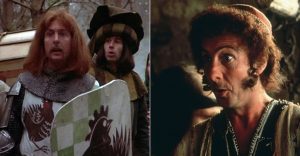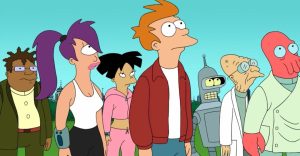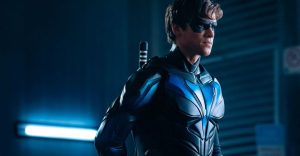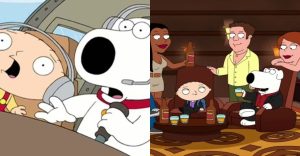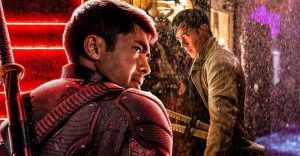Why The Wolverine Is The Real Black Sheep Of The X-Men Franchise
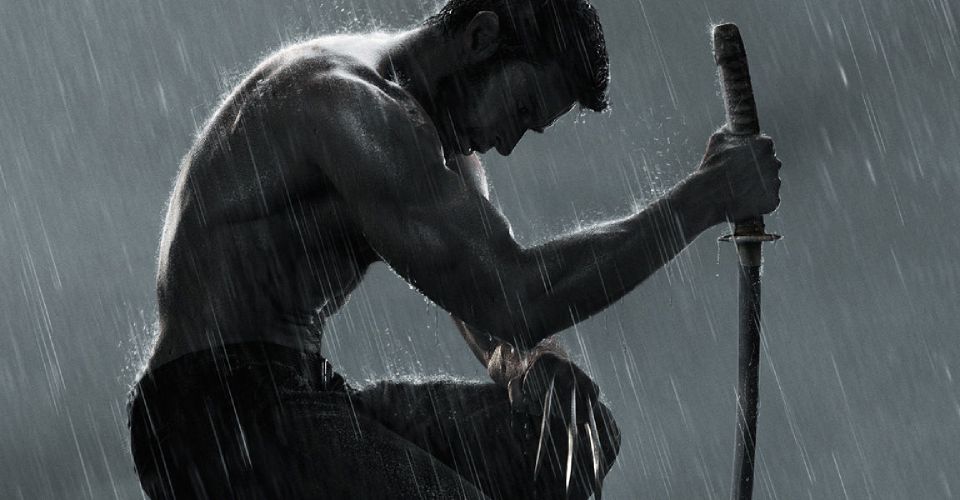
The X-Men franchise has always comprised a rather hodgepodge assortment of films, but 2013’s The Wolverine stands out as the true black sheep in the X-Men herd. While films like X-Men Origins: Wolverine and Logan are often considered tangential to the rest of the X-Men franchise, even those films made more of an effort to conform with the franchise’s other films. The Wolverine, on the other hand, acts primarily as a one-off adventure for its titular character.
The Wolverine was adapted from Chris Claremont and Frank Miller’s seminal limited series from 1982, which sent Logan to Japan as he mourned the death of Jean Grey. The film was originally supposed to be directed by Darren Aronofsky, whose involvement likely would have sent rippling changes throughout the X-Men universe. With director James Mangold at the helm instead, The Wolverine became much more typical studio fare, connecting itself with developments from previous X-Men films. Still, by sending Wolverine to Japan and forcing him to interact with an entirely new cast of characters, the film feels surprisingly disparate from all that came before, and after.
Logan will likely go down as James Mangold’s magnum opus, but a strange side effect of that film’s gigantic legacy is the waning relevance of its predecessor. While Mangold may not have penned the script for The Wolverine as he did with the movie Logan, he still deserves credit for crafting a unique take on Wolverine, one that wrestles with the character’s powers and ultimately establishes friction between Eastern and Western attitudes towards heroism. Still, no matter the film’s quality, is it really an X-Men movie? The Wolverine does feature a few mutants, and it does inform a lot of Logan’s past and present, but it is likely safer to call it a samurai film, rather than a superhero one. Of course, the X-Men films are not a part of the MCU, and therefore are more easily permitted to explore different genres and establish their own tone.

It’s no surprise that Mangold crafted a superhero film that participates in an entirely different genre. After all, Logan operated like a neo-western, an approach that could benefit Mangold’s upcoming Indiana Jones film as well. Still, Logan committed itself to the broader X-Men universe, tasking its main character with supporting an ill and aging Charles Xavier, and referencing Logan’s past at the Weapon X facility. As a swan song for Hugh Jackman’s Wolverine, the film simply had to tease out these kinds of connections.
The Wolverine, on the other hand, was content to send its protagonist on a solo adventure, one that barely resonated with the rest of his life. The film did kick off Wolvie’s internal struggle over his healing factor, but it was Logan that brought it full-circle. The Wolverine did see Logan ponder the possibility of settling down and starting a family, but it was Logan that unequivocally confronted him with that decision. It is difficult to imagine Logan as a sequel to The Wolverine, likely because their settings and tones are so drastically different, and yet that is exactly their relationship. The Wolverine likely would have benefitted from a proper sequel, one that followed up on Logan’s relationship with Mariko and Yukio. As the film currently stands, however, it is a mere black sheep in the X-Men franchise, and it seems to face a future as the forgotten entry in what is otherwise a mostly iconic group of films.
About The Author












